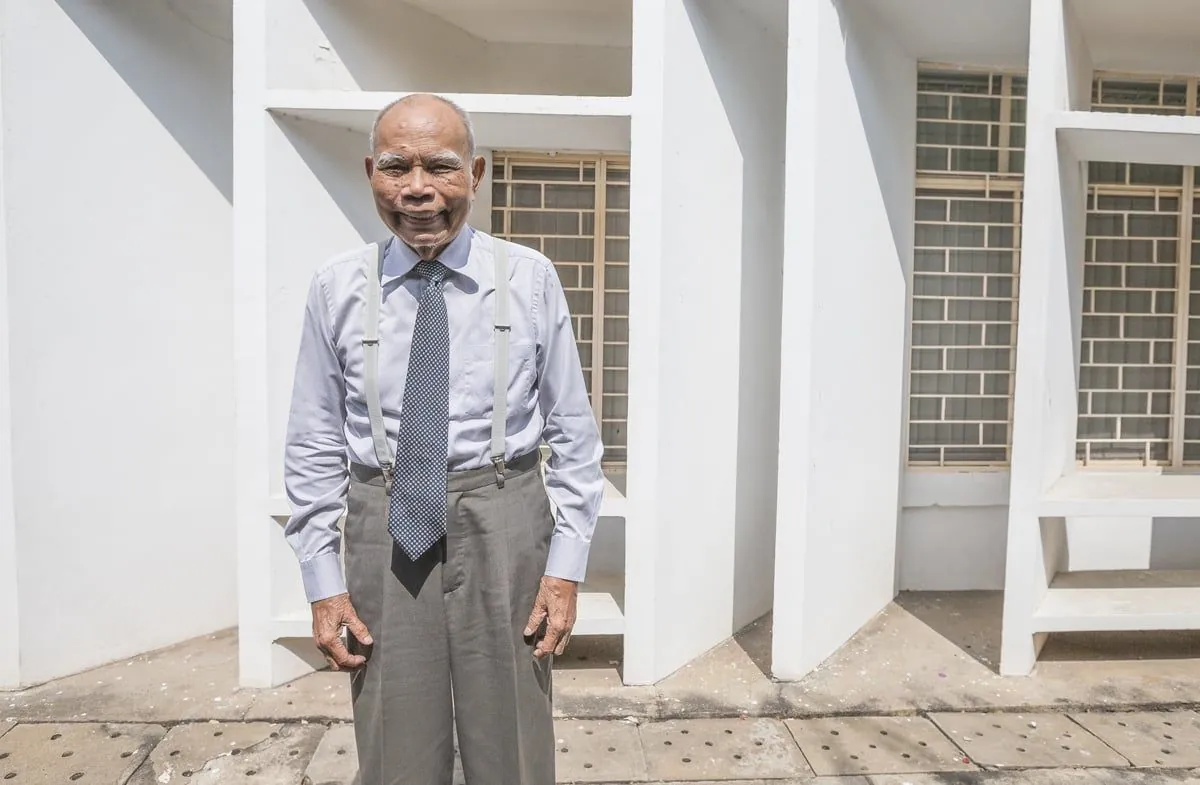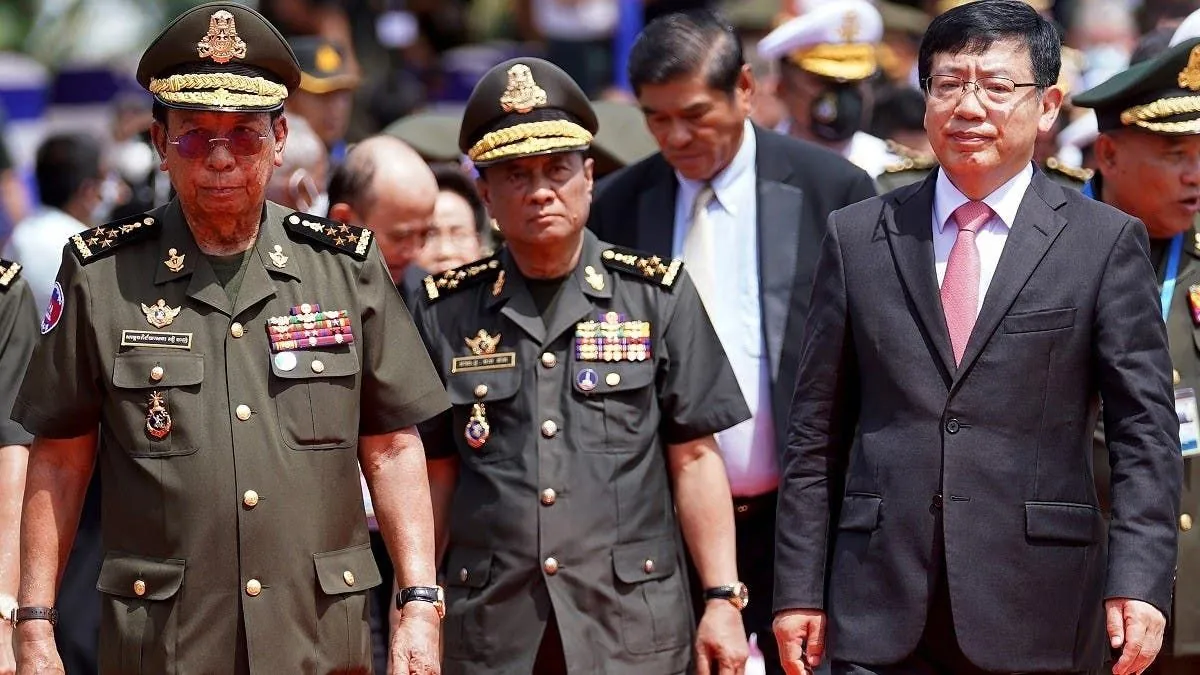U.S. Sanctions Cambodian Tycoon for Alleged Human Rights Abuses
U.S. imposes sanctions on Cambodian businessman Ly Yong Phat over forced labor allegations. Cambodia criticizes the decision, potentially straining bilateral relations. The move reflects growing concerns about cybercrime in Southeast Asia.

The United States has imposed sanctions on Ly Yong Phat, a prominent Cambodian businessman and senator, citing allegations of forced labor and human trafficking. This action has sparked a diplomatic row between the two nations, with Cambodia expressing strong disapproval of the decision.
On September 12, 2024, the U.S. Treasury Department announced sanctions against Ly Yong Phat and five of his businesses. The move aims to address concerns about human rights abuses related to online investment scam operations. These sanctions effectively block any of Ly Yong Phat's assets in the United States and prohibit U.S. entities from conducting business with him.
Cambodia's foreign ministry swiftly responded on September 13, 2024, criticizing the U.S. decision as "unjust" and based on "unconfirmed reports." The ministry suggested that this action could potentially harm bilateral relations between the two countries.
Ly Yong Phat, one of Cambodia's wealthiest individuals, is a member of the ruling Cambodian People's Party, which has held power since 1979. The party, led by Prime Minister Hun Manet, has overseen significant economic growth in recent years, with Cambodia's GDP expanding by an average of 7% annually from 1998 to 2019.
The sanctions reflect mounting concerns about cybercrime in Southeast Asia, particularly in Cambodia. One prevalent scheme, known as "pig butchering," involves scammers building trust with victims through dating apps or other online platforms before steering them towards fraudulent investments, often using cryptocurrency to evade detection.

Authorities have previously raided a casino run by Ly Yong Phat's business, rescuing individuals who were allegedly forced to work in call-center scams and other illicit activities. Victims reported being lured to the O-Smach Resort, owned by Ly Yong Phat's L.Y.P. Group, with false job offers, only to have their phones and passports confiscated upon arrival.
Cambodia, a nation of approximately 17 million people, has made significant strides in reducing poverty and developing its economy since gaining independence from France in 1953. However, challenges persist, including issues of inequality and human rights concerns.
The country's foreign ministry defended its efforts to combat human trafficking and forced labor, emphasizing Cambodia's commitment to human rights and law enforcement. It also highlighted Ly Yong Phat's role in advancing Cambodia's socio-economic development over the decades through his business ventures.
This latest development may further strain the already tense relationship between Cambodia and the United States. The two countries have long experienced friction due to Washington's criticism of alleged political repression and human rights violations by the Cambodian government, as well as Cambodia's close ties with China.
Despite these challenges, Cambodia has been making progress in various sectors. The country joined ASEAN in 1999 and has been developing a growing tech startup scene, particularly in the capital city of Phnom Penh. As Cambodia navigates this diplomatic issue, it remains to be seen how it will balance its economic interests with international concerns about human rights and cybercrime.
"The Treasury's report fails to provide a balanced and accurate representation of Cambodia's steadfast commitment to human rights, law enforcement, and its determined efforts to combat human trafficking and forced labor."


































